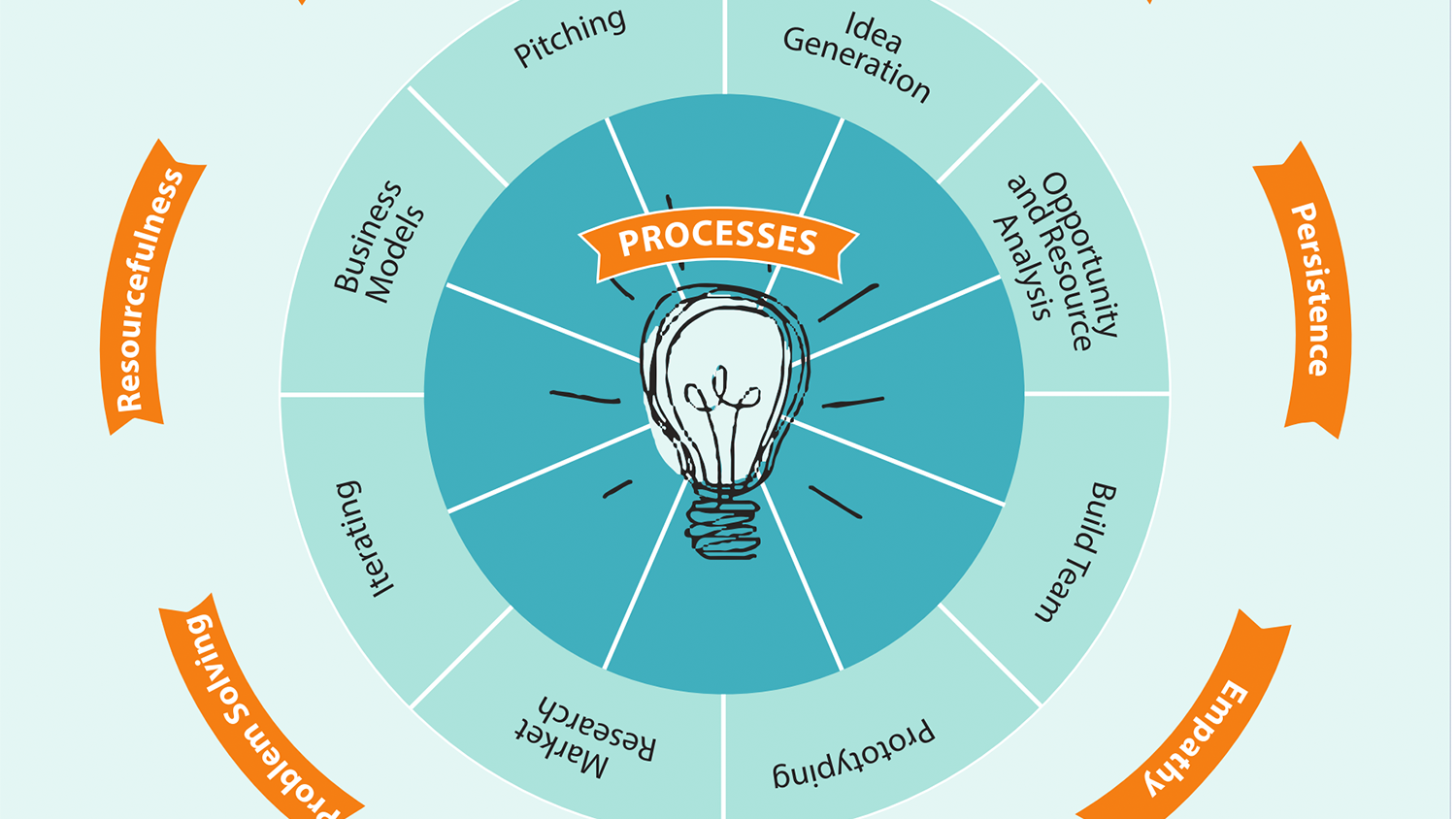Jere Confrey, Erin Krupa Use NSF-funded Project to Engage Students in STEM Through Summer Virtual Entrepreneurial Competitions

Middle school students will have the opportunity this summer to flex their entrepreneurial muscles while inventing innovative STEM solutions to real-world problems through an ongoing project led by NC State College of Education Joseph D. Moore Distinguished Professor of Mathematics Education Jere Confrey, Ph.D., and Assistant Professor of Mathematics Education Erin Krupa, Ph.D.
Since 2018, Confrey and Krupa have been developing Design and Pitch contests featuring a set of nine innovative STEM challenges that utilize entrepreneurial pitch competitions to motivate learning. The competitions are developed and conducted as part of a three-year, $1.2 million grant from the National Science Foundation’s Innovative Technology Experiences for Students and Teachers (ITEST) program.
“I got interested in entrepreneurship a few years ago when my research team participated in an education-based entrepreneurial challenge. It was so much fun and we learned so much, I realized that we should be using the approach to interest students in STEM careers,” said Confrey, who serves as the project’s principal investigator.
Confrey and Krupa have been successfully using these Design and Pitch Challenges in STEM with middle school students and teachers over the course of the past year, although they were forced to cancel in-person competitions for spring and summer 2020 as a result of the coronavirus (COVID-19) pandemic. Instead, they will host a series of Virtual Pitch Competitions beginning June 15.
[spotlight-box label=”” img=”” heading=”Entries Open for the 2020 Virtual Pitch Competition” cta=”Learn More About the Virtual Competitions” url=”https://sites.ced.ncsu.edu/news-new/design-and-pitch/virtual-pitch-competition/”]Through a series of four, week-long online competitions that run from June 15 through July 24, all students in sixth through ninth grade are invited to work individually or in teams to invent and submit their product to a panel of judges. The themes for this competition include social and environmental issues, technological developments, and economic and business models. [/spotlight-box]
In both the in-person and virtual competitions, students choose from a list of challenges rooted in real-world problems, build a prototype solution to that problem, design a business proposition to demonstrate how their solution would be profitable and deliver a five-minute pitch to convince the judges their idea would be successful.
To help children understand the entrepreneurial side of the competition, a diverse set of STEM entrepreneurs who were chosen as mentors launch each week’s project through videos for students in an effort to demonstrate how career interests can be targeted within mathematics education.
“The Design and Pitch Challenges in STEM curricular framework leverage entrepreneurship and highlight authentic career connections to enhance students’ interest and engagement in STEM while also supporting rich mathematics learning,” Krupa, who is the project’s co-principal investigator, said. “It provides opportunities for students to explore solutions to real-world problems and they are given the autonomy to tackle the challenges based on their interests and ideas.”
The unexpected need to develop a virtual competition this summer has also provided opportunities for Krupa and Confrey to reach a greater number of students than they would in a typical classroom setting and to expand their research to explore the impact of this innovative approach to online learning.
In addition, Krupa said each implementation of the Design and Pitch Competitions has allowed the research team to revise materials to be more relevant and meaningful for students which will, in turn, help the project team reach their goal of understanding ways to improve the motivation and participation of middle school girls and minorities in STEM careers.
“We must find ways to make the excitement of invention open to younger students. In addition, they need to understand the importance of innovation to the national economy. We have left our youth with a lot of problems, deep serious challenges, and they are going to have to innovate their way out of them,” Confrey said. “We need to prepare them with the determination, creativity, respect for science and math and resilience to be successful in that. All of our futures depend on that.”
- Categories:


